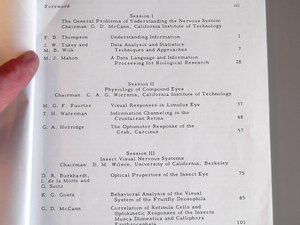Endless Breadsticks: How Olive Garden's Budget-Friendly Strategy Won Over America

Photo by Ola Ivashenko on Unsplash
When Olive Garden first opened its doors in Orlando, Florida in 1982, no one could have predicted how a simple solution to kitchen chaos would become a beloved dining tradition. Facing overwhelming crowds and overwhelmed kitchen staff, the restaurant’s founders quickly developed a strategy that would define their brand: unlimited breadsticks, soup, and salad.
The “endless” concept wasn’t just a marketing gimmick, but a practical solution to manage customer expectations during long wait times. By offering complimentary, unlimited appetizers, Olive Garden kept hungry diners satisfied while giving their kitchen staff breathing room to prepare meals.
Four decades later, this strategy has become a cornerstone of the restaurant’s identity. In an era of economic uncertainty, the unlimited breadsticks represent more than just food, they symbolize hospitality and value. The offering remains remarkably consistent: freshly baked breadsticks alongside a choice of four different soups or a classic salad, all included with an entrée purchase.
Economically, the strategy is brilliant. Breadsticks and soups are incredibly cost-effective to produce, with high-profit margins that don’t significantly impact the restaurant’s bottom line. Meanwhile, customers perceive tremendous value, feeling they’re getting more than their money’s worth.
The approach has paid off. In its most recent quarter, Olive Garden saw a 6.9% sales increase, its best performance in three years. Customers are returning, attracted by the promise of abundant, affordable dining.
As other restaurant chains chase fleeting food trends, Olive Garden has remained committed to its core identity. Their senior vice president of marketing emphasizes their dedication to “never-ending, abundant, crave-able Italian food at an everyday value”.
In a dining landscape often characterized by complexity and constant change, Olive Garden’s simple promise of generosity continues to resonate. Sometimes, the most effective strategy is the most straightforward: make people feel welcome, feed them well, and don’t overcomplicate things.
AUTHOR: mei
SOURCE: CNN
























































